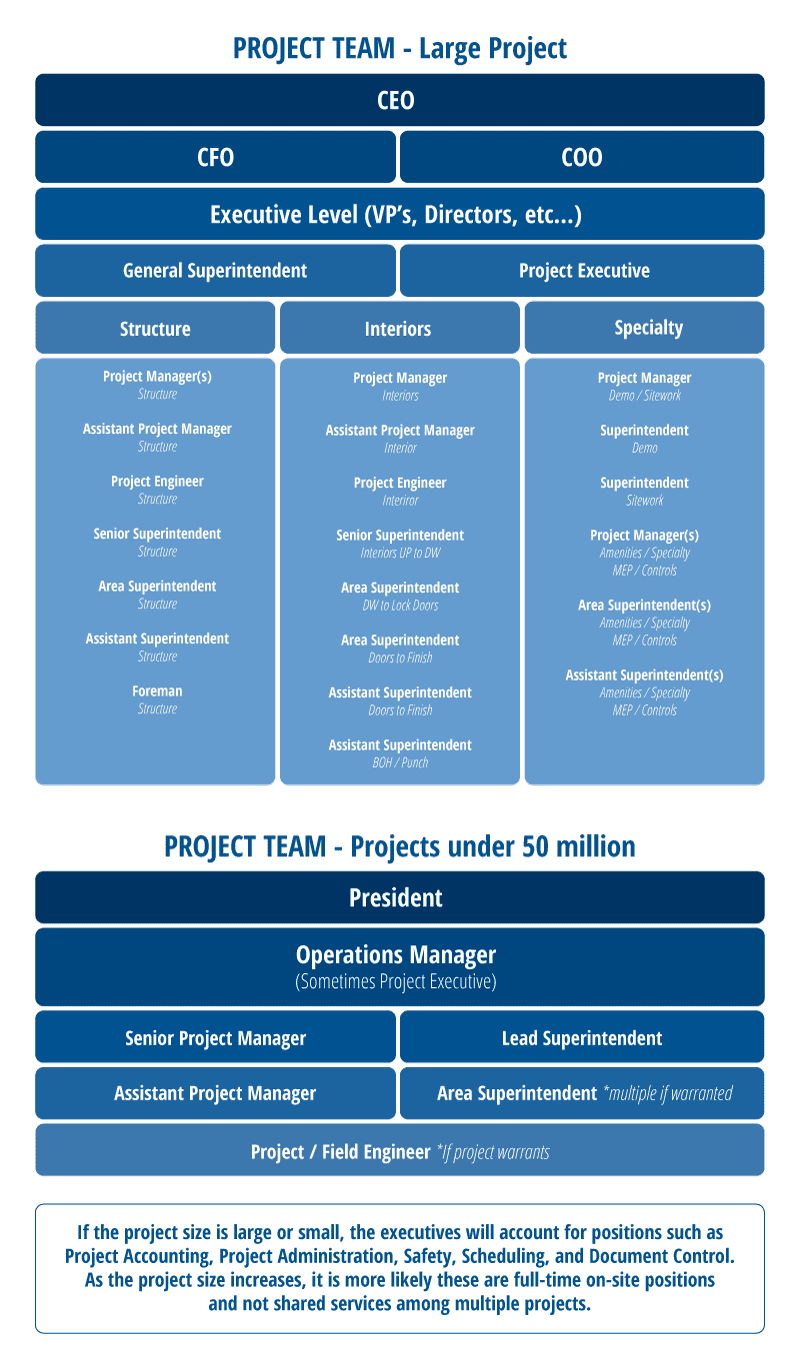Our Governor here in Florida announced this year that he is granting $89 million toward training, and $10 million would be awarded to state colleges and universities to create career and technical education charter schools. DeSantis said the charter schools would be made so students can gain education credentials in high-demand fields while earning their high school diplomas. One of the programs already a success is Santa Fe College in Gainesville, Florida, where they have certificate and apprenticeship programs for trade professionals, such as carpentry, HVAC, plumbing, electrical, and welding. An Associate two-year program for those wishing to pursue the construction management path covers classes for drafting and design, materials, surveying, codes and regulations, estimating, blueprint reading, and project management, providing comprehensive skills required for becoming a successful manager, such as public speaking and humanities. Governor DeSantis went on to say, “I’ve seen these graduates come from starting off their first-year apprenticeship, starting off making $35, $45,000 a year. After they graduate, they’re making $65, $75,000 a year, and that’s just the start of their journey in the trades and their career goes up from there.”
I started my career with a similar two-year program called Pre-Engineering Graphics back in the eighties, where the studies were like the Associate program at Santa Fe. That program launched a successful career for me in commercial interiors, where I was even able to purchase my first home in my early twenties. As my experience and education advanced, my opportunities and earnings allowed me to not only be successful working for others but also launch my own business in 2004. I now employ people to support others in the industry I am passionate about, advancing their careers and businesses.
Following the announcement on funding in Florida, Associated General Contractors announced nationally that employment in construction took a serious dip despite wages increasing. Ken Simonson, Chief Economist for AGC specifically made pointed out that “Nonresidential construction firms—general building contractors, specialty trade contractors, and heavy and civil engineering construction firms—lost 9,000 employees in January. Nonresidential employment remains 213,000 below the pre-pandemic peak set in February 2020. In contrast, employment in residential construction—comprising homebuilding and remodeling firms—edged up by 4,400 jobs in January and topped the February 2020 level by 112,000.” Whereas “Association officials said the Construction Hiring and Business Outlook survey that it released in January showed most contractors expect to add employees in 2022 but overwhelmingly find it difficult to find qualified workers.”
Every day in the industry, I witness individuals who chose careers in construction and love their career choice yet struggle to keep personal relationships intact because loved ones don’t support or understand their career choice and the passion and commitment to that career. The irony of all this is many parents would rather see their children out of work or in retail, restaurant, or low-paying office jobs than enter the construction industry in a trade or field-driven program. Many young construction management professionals (after obtaining a four-year professional degree in construction or engineering) are misguided by their parents and loved ones to go to more corporate companies rather than small to mid-size businesses. In fact, over 90% who offer more opportunity early on offer more choice later on in their career, which is so important once they start families or want more choices in general.
What you should know about the industry when advising your young adult or loved one:
Bigger is not always better. It depends on the timing, opportunity, stability of the company itself (corporate office or satellite office), and who they will work with and mentor under.
Bigger companies will pay higher wages to your loved one when they need them for a project, yet even if they get the title of project manager or superintendent and high wages, the company and project of significant size most likely have many project managers and superintendents with the same title and pay—yet well into their career—who still have not taken a project in its entirety (in all areas from site work to exterior finish and everything in between). They will be responsible for a specific area of the project for its duration. Only the lead project manager or project executive would have the responsibility of the contractual and full budgetary goals for the project. Depending on the area of the country they live in, this can limit their career growth and force them to be road warriors to sustain their employment and customary lifestyle as they must go where the big projects are or go back in title to assistant project manager to build skill sets they are missing to take the lead role forward. If they are 10+ years into their management career and have not had that on-the-job training opportunity to be ready to lead a project, then too often the learning curve in cultural terms and the trade-off in pay to gain that knowledge disqualifies them from the opportunity. My famous sayings are “They are two different career paths” and “You either pay your dues now or pay them later.” The only way to get experience in construction and have the choice of big company versus small to mid-size company and the employment match is to get the lead project management role or lead superintendent role. I assure you if you haven’t had that role and are well into your management career, you will not obtain it the first time on a $30 million or more project to support a six-figure-plus salary. Why? Because the banks, consultants, and hopefully ownership groups want to mitigate risk by having experienced managers leading their projects—rightfully so. The non-construction analogy would be if you are a legal assistant or paralegal handling part of the case with no previous experience of litigating a case as a co-litigator, even if you passed the bar, you most likely would not be hired to litigate a case for someone anytime soon and maybe not at all if your firm did not have a co-litigation stepping-stone in place.
The larger companies often have divisions called Specialty and Interior in which the managers get the responsibility of taking a project from estimate to completion as those projects tend to be lower contract amounts with less risk associated with them in comparison to the overall volume of the company. This allows a construction manager to gain full-cycle project experience as they would with the smaller firms. If your loved one is nearing the six-figure compensation and has completed two or more large projects (typically a 2+ year duration), where they may manage separate areas of the project and not participate side by side with a lead project manager or superintendent sharing the overall responsibility on the project, they should now make a career choice. They are okay with a career in the big companies with the risk of leaving their home to follow the funding on the big projects or they make a change to get the experience they can then take to whatever company is best for their career and their family.
Plaza Construction, one of the biggest employers in construction management in Florida is closing their Florida office this year. Those of you who had loved ones with lucrative careers in corporate America and were part of the IBM, General Electric, Enron, Chrysler or one of the other companies that had major layoffs you already understand bigger is not always better.
Small to mid-size companies in construction tend to keep most if not all their employees in good times and in bad. Why? Because human capital is what largely makes them successful—not the next chunk of money they get from an investor or signing a big project. They are also typically run by the person who is using his own hard-earned money and has a big stake in the company and is not a hired-in executive who is pleasing shareholders.
 The better your construction management loved one knows their career options in the industry and understands themselves and what culture, experiences, and logistics will allow them to develop stepping-stones in their career, the more successful they will be. It’s your role to be happy for and support them in their decision to enter a career in construction and take risk to shore up their experience as they build that career.
The better your construction management loved one knows their career options in the industry and understands themselves and what culture, experiences, and logistics will allow them to develop stepping-stones in their career, the more successful they will be. It’s your role to be happy for and support them in their decision to enter a career in construction and take risk to shore up their experience as they build that career.
We are always here to provide sound career advice. If you are not in construction and do not understand how essential the industry is to you and the world, read our love poem.
To Encouraging a Career in Construction,
Suzanne Breistol




